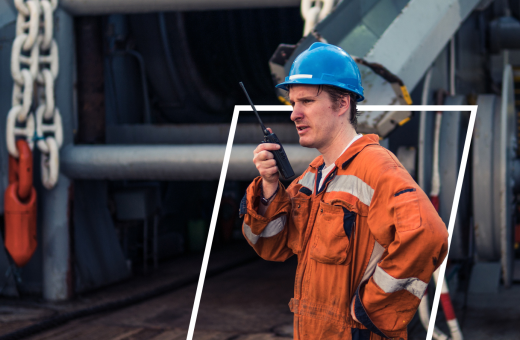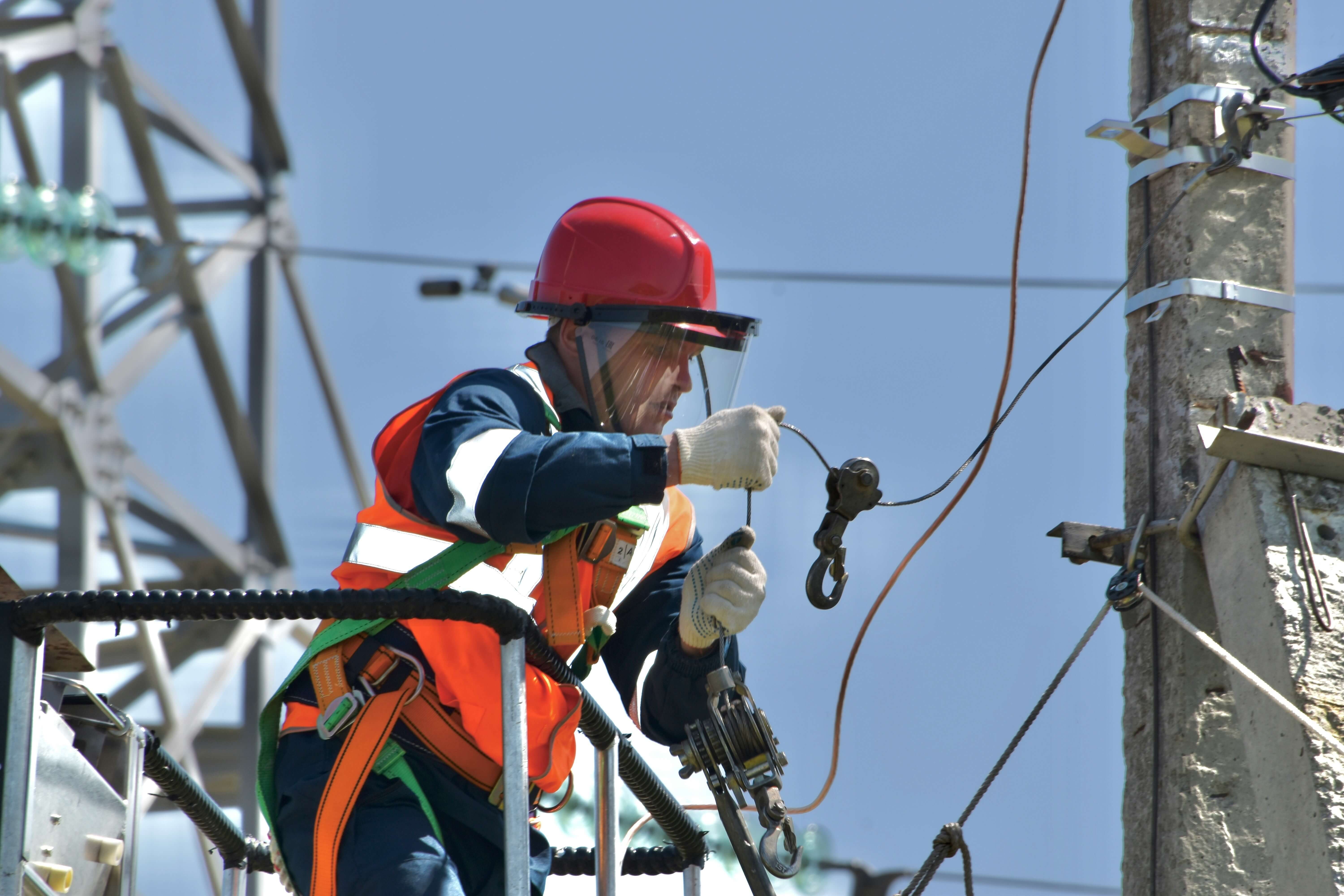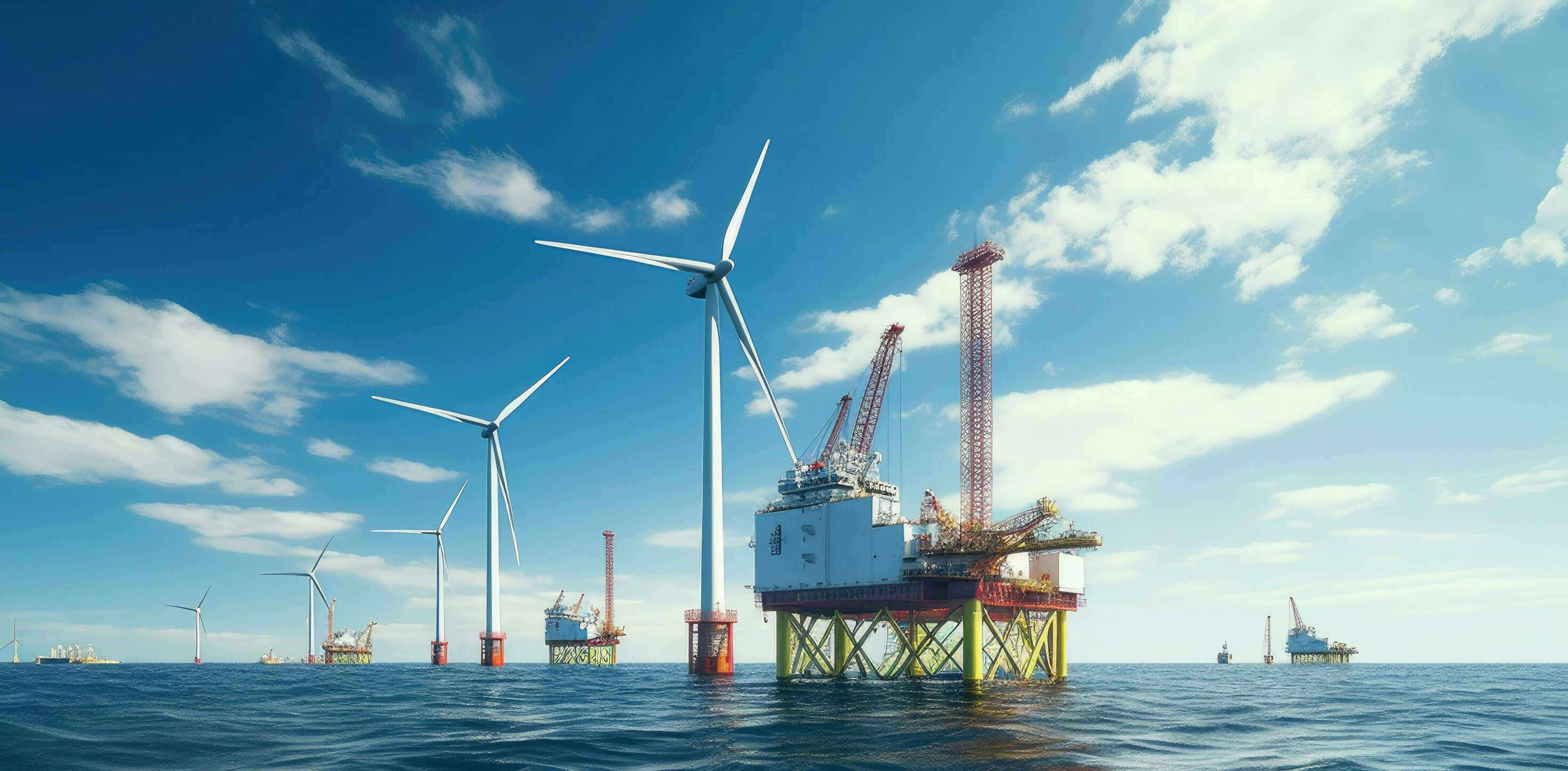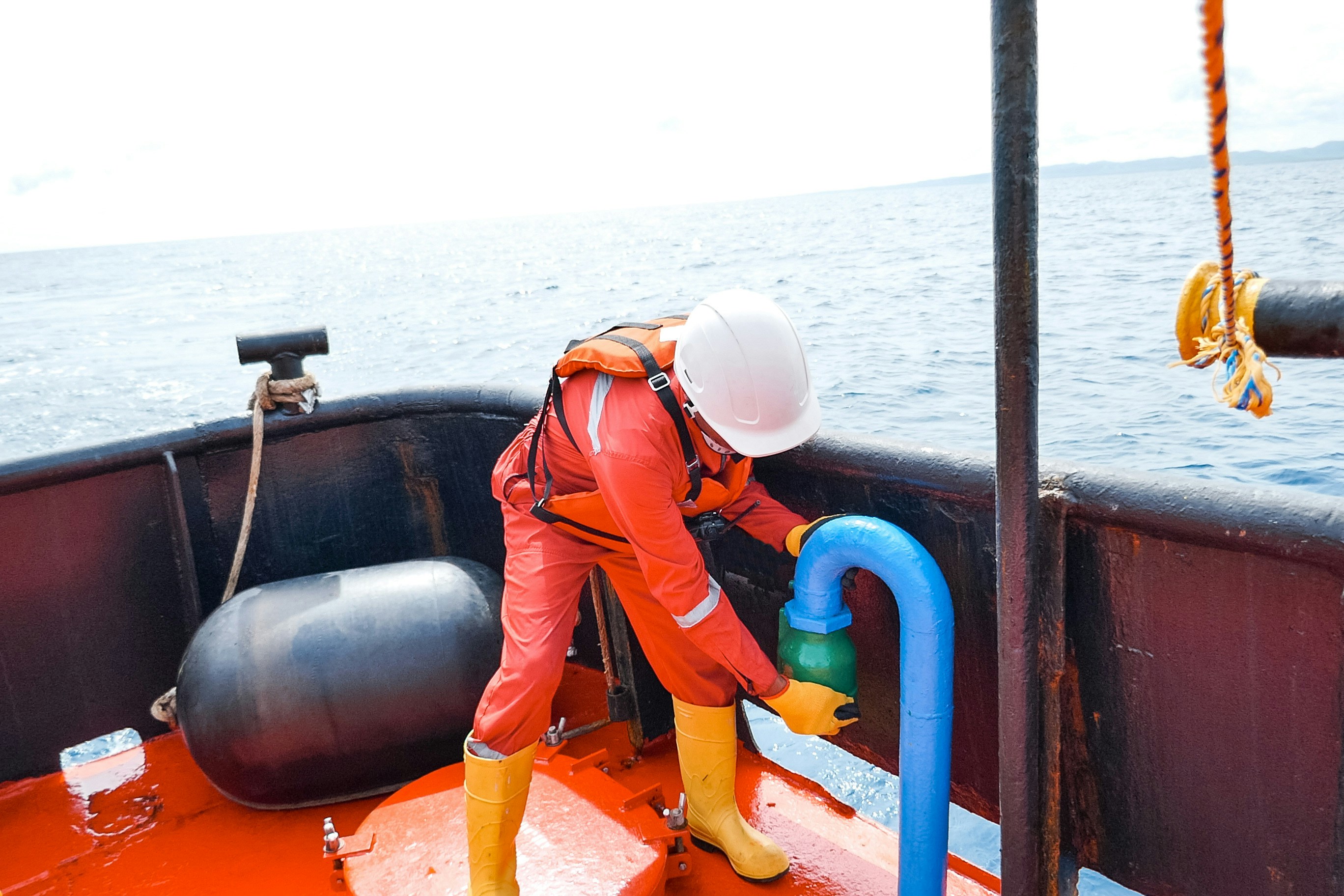Offshore Contractor Rights in 2023
07 Feb, 202310 minutes
It’s been an interesting few years for offshore contractors.
With surmounting threats like:
- COVID-19 putting business livelihoods at risk…
- A shortage of qualified workers causing industry-wide burnout…
- Brexit causing additional hurdles for international work placements…
You’re likely hoping that this coming year will be a little calmer, aren’t you?
Truthfully, if all goes well, you should get a chance to catch your breath between your contracts - rather than stressing about the preparation you need to do for the next one.
Our Forecast for Offshore Contracting in 2023
With all the work that’s gone into recovering the industry from the pandemic, offshore businesses are now preparing to go full steam ahead.
Not only is there going to be more opportunities for work placements across the world, but there will also be a drastic increase in the types of jobs available to you.
Further to this, we anticipate that experienced offshore contractors will be in high demand across multiple verticals, including (but not limited to):
- Renewables
- Marine & Heavy Lifting
- Subsea & ROV
- Oil & Gas
- Diving
- Survey & Inspection
This means you’ll have some engaging and exciting placements to look forward to in the year ahead. Are you ready?
Offshore Contractor Expectations in 2023
With all this variety available to you and a surge in businesses demanding qualified offshore contractors, your power as a worker is increasing drastically.
Rather than “settling” for certain jobs because of a lack of options, you’ll have the potential to negotiate with employers and choose which contracts to accept and reject.
In the coming months, to attract talent like you, we expect offshore companies to dedicate themselves to transparency and flexibility. They should be just as eager to work with you as you are with them.
What’s more?
Following these changes, you will find yourself in the perfect position to negotiate your pay and benefits while on placement in the next year. Every need of yours should be met.
Offshore Contractor Rights in 2023
However, even with businesses making an effort to make themselves more attractive to offshore contractors, there are certain job rights that you should expect as a matter of course.
Should an employer be unwilling to provide or cater to any of the requirements on the following list, this is a big red flag.
1. Contracts
As was true for previous years, offshore placements can not legally last more than 28 days (Source: HSE Safety Law) – so be sure the job you are excepting falls within this frame.
A 2-week schedule (with a fortnight on the rota and the following off) is best.
Plus, although a typical contract may entail the occasional long shift, this doesn’t mean you can’t set terms in advance for overtime rates to make sure you are properly compensated.
2. Hours
In case you don’t know, full-time offshore employees work around an average of 38 hours per week.
However, there is a rule regarding “reasonable additional hours” that can be requested by an employer during certain situations. (Source: Award Viewer).
You should look to be timetabled on a similar basis, taking care to record your hours and make sure you aren’t taken advantage of or overworked.
3. Support
In the coming year, there are some changes happening.
That means you should also expect to receive an equal level of support while on offshore placement that your permanent colleagues are getting.
This includes having a member of leadership (like a Safety Officer) to report to when issues arise, who will be able to make objections on your behalf and champion changes.
If your requests are not being met, this could be a breach of fair working conditions.
4. Amenities
No matter where you are working or who you were hired by, every single one of your fundamental needs should be met by your employer when working an offshore placement.
Therefore, you should always have access to enough food and fresh water, care facilities, and comfortable living.
Additionally, should you have any dietary requirements, disabilities, or health conditions that affect your ability to work (which you have informed your hiring manager about), these should be accommodated.
5. Compensation
In the offshore industry, it’s standard procedure to agree upon your rates and benefits before you start work.
These should be clearly outlined in a tangible document that both you and your employer have signed, and have ongoing access to.
Over time, edits may be required depending on the length of the project you are undertaking.
6. Legal
As an offshore contractor, it is you who will be held responsible for keeping the appropriate paperwork and licenses up-to-date.
However, you can request additional support with this, if your employer has resources that they might be able to share.
Additionally, depending on the company you work for, it’s important to note that you might be paid in local currencies and could be subject to taxation.
7. Safety
Finally (and most importantly), there’s something you need to know.
All offshore contractors have the right to feel safe at work, regardless of their job or employer.
Thanks to an increasing amount of industry regulation, it is likely all vessels will have:
- professional cooks
- healthcare professionals
- maintenance stewards
- health and safety officers
These positions have been designed to keep projects safe for every employee on board, including you, so you should have access to the services you require.
Finding Offshore Contract Jobs Through Select Offshore
Select Offshore are specialist recruiters that deliver reliable, communicative, and enthusiastic maritime professionals.
Is that you?
If you’re looking for exciting and competitive placements across any of our sectors, speak to us.
We can connect you with a company that cares for its human resources and recognises the importance of adhering to your rights.
Our team strongly believes in celebrating each of the individuals we work with, dedicating time to find them desirable offshore placements.
Contact us today to find out more.


